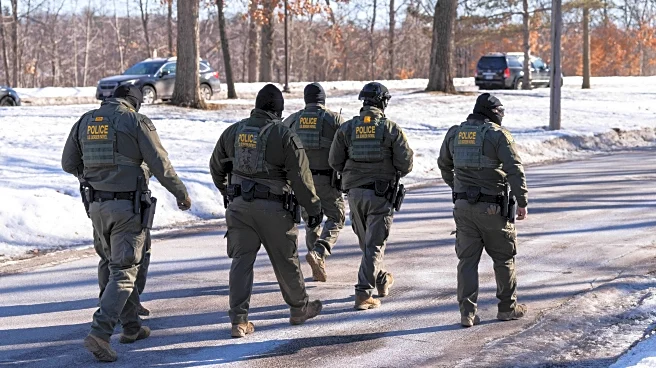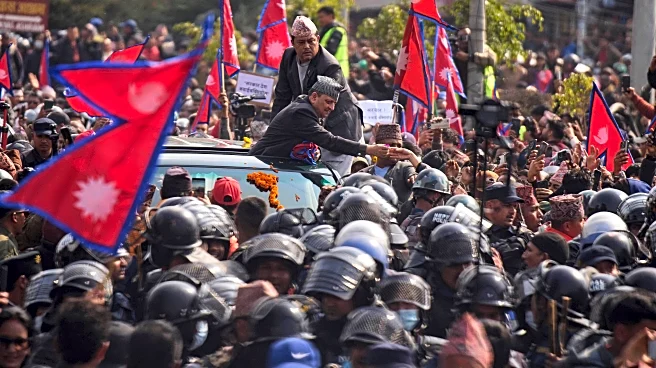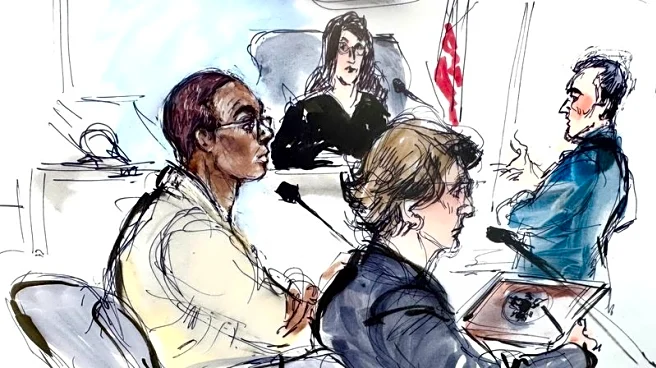What is the story about?
What's Happening?
The Centers for Disease Control and Prevention (CDC) has issued a Level 2 travel warning for Cuba due to an outbreak of the chikungunya virus. This virus, spread by mosquitoes, causes severe joint pain and fever, and can leave individuals bedridden for months. The outbreak in Cuba is concentrated in Matanzas province, although the number of infected individuals has not been disclosed. The CDC's advisory follows the detection of a possible locally acquired case in Long Island, New York, marking the first such case in the state. Globally, over 317,000 cases and 135 deaths have been reported this year, with Brazil being one of the worst affected countries. The CDC recommends travelers to Cuba take enhanced precautions to avoid mosquito bites, including wearing insect repellent and long-sleeved clothing.
Why It's Important?
The CDC's travel warning highlights the growing concern over the chikungunya virus, which poses significant health risks due to its debilitating symptoms. The potential for local transmission in the U.S., as evidenced by the case in New York, underscores the need for vigilance and preventive measures. The virus's spread in Cuba and other countries could impact travel and tourism, as well as strain healthcare systems in affected regions. The advisory serves as a reminder of the importance of mosquito control and public health preparedness in preventing the spread of vector-borne diseases.
What's Next?
Travelers to Cuba are advised to take preventive measures against mosquito bites, and those planning to visit should consider vaccination. The CDC and other health organizations may continue to monitor and issue updates on the situation as more cases are reported. Increased efforts in mosquito control and public awareness campaigns are likely to be implemented to curb the spread of the virus. The situation may prompt further research into effective treatments and vaccines for chikungunya.
Beyond the Headlines
The chikungunya outbreak in Cuba and its potential spread in the U.S. raises questions about the adequacy of current mosquito control measures and public health infrastructure. The situation may lead to increased funding and research into vector-borne diseases, as well as collaborations between countries to address global health threats. Ethical considerations regarding travel advisories and their impact on local economies and communities may also arise.
















